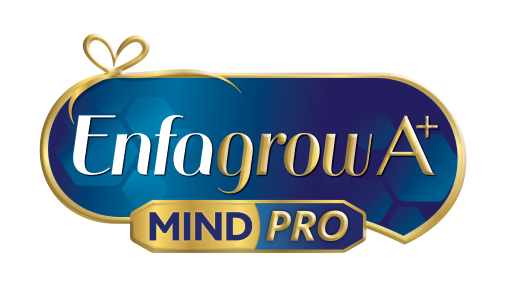
As your developing baby’s first protector, you should be consuming enough folate daily before conception and during pregnancy to protect your developing baby’s development and help him or her build a healthy nervous system.ii
Folate or its synthetic form - folic acid, is a type of Vitamin B (Vitamin B9) that helps the body to form red blood cells and promotes healthy cell division.ii
It is a crucial nutrient especially during the first 28 days of pregnancy when the developing baby’s central nervous system begins to develop.i Most brain and spinal defects occur during this period when the mother’s folate nutrition is poor as she enters pregnancyii.
Mums, this nutrient offers benefits for your own body, too — folic acid, as well as iron, helps in the formation of red blood cells as blood volume during pregnancy increases, and may also lower your risk of labour complications, such as pre-eclampsia and early labouriii.
How much folic acid supplementation should you be taking during pregnancy?
The World Health Organization (WHO) recommends pregnant mothers to take a daily supplement that contains 400 mcg of this essential nutrient as early as possible (ideally before conception).iii
You can talk to your healthcare professional for more information about folic acid. Remember to always do this before adding any supplements to your pregnancy diet.
Where can you find folate in foods
Stock up your kitchen with these delicious folate-rich foods:
-
Dark green vegetables (such as spinach, broccoli, and asparagus)
-
Beans (such as chickpeas and mung beans)
-
Eggs
-
Fruits (such as avocados, papaya, and mangoes)
-
Foods fortified with folic acid (usually bread, cereal and pasta products)
References:
- Cavalli, Pietro (2008). Prevention of Neural Tube Defects and proper folate periconceptional supplementation. J Prenat Med, 2(4): 40–41.
- Greenberg, JA, Bell, SJ, Guan, Y, Yu, Y (2011). Folic Acid Supplementation and Pregnancy: More than just Neural Tube Defect Prevention; Rev Obstet Gynecol, 4(2): 52-59.
- Daily iron and folic acid supplementation during pregnancy. Retrieved 2 June 2017 from http://www.who.int/elena/titles/guidance_summaries/daily_iron_pregnancy…

